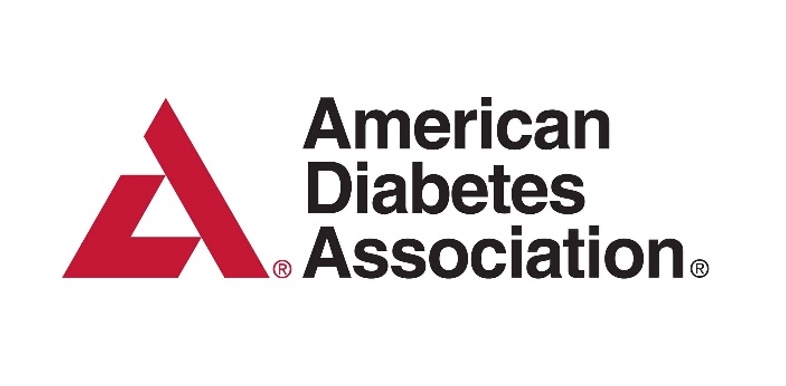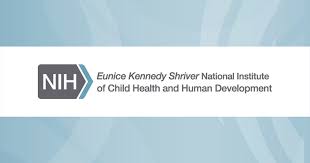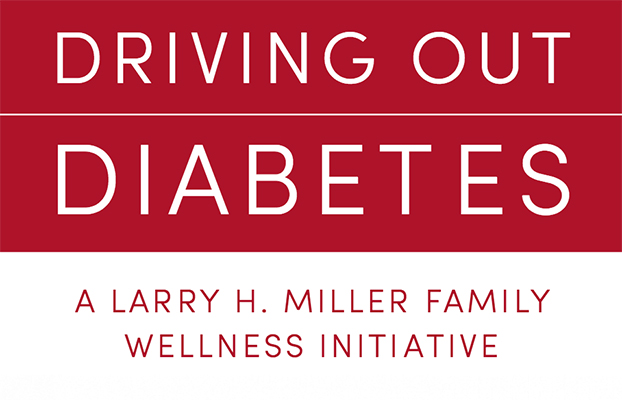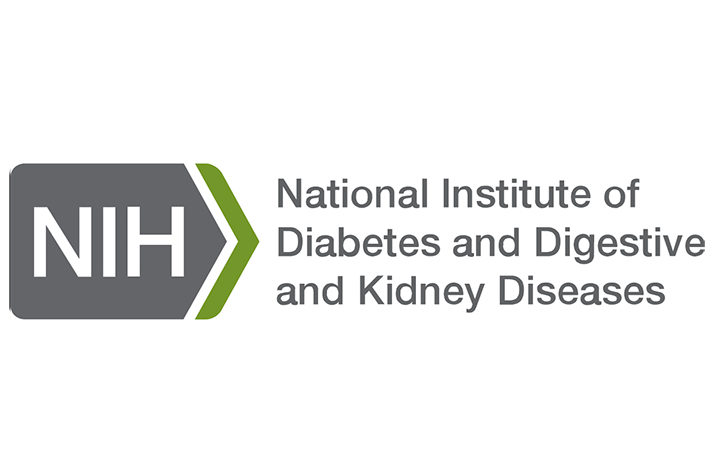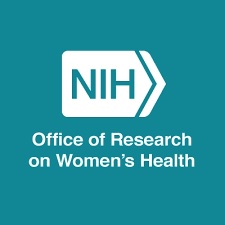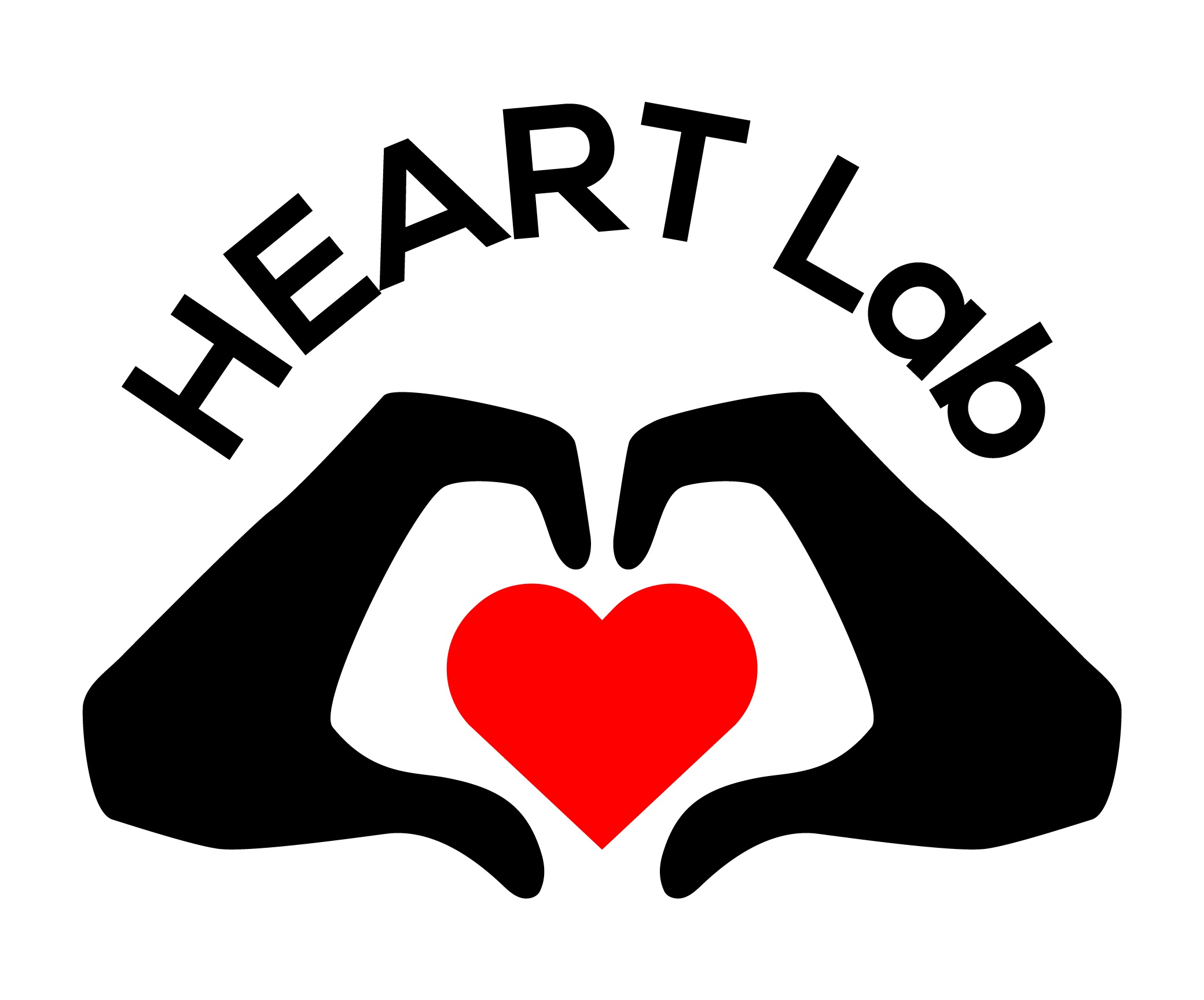
THE HEART LAB
HEalth & Adaptation in Relationships Team
Our Mission:
Research in the HEART Lab focuses on close relationships and health. The goals of our work include understanding:
- How couples adapt to stressors within & outside their relationship
- How couple adaptation can be improved
- How efficacious behavioral interventions are implemented in real-world community and healthcare settings
- How close relationships can facilitate engagement & outcomes in behavioral interventions
Most couples face a number of chronic and acute stressors over the course of their relationships. Our work is rooted in the idea that the way a given couple adapts to the stressors that arise is influenced by the nature of the stressor (e.g., chronic, acute), vulnerability factors that partners bring to the relationship (e.g., personality characteristics, family history), and the overall quality of their relationship (Karney & Bradbury, 1995). Over time, relationship quality will be affected by how couples adapt. Thus, distressed couples (i.e., those with clinically low levels of relationship quality) are less likely to adapt effectively to challenges and, thus, are more likely to experience additional stress; likewise, couples who do not effectively adapt to challenges are more likely to experience additional stressors and to be relationally distressed.
Poor physical health of one or both partners functions as a stressor for many couples and is linked to worse relationship quality through a series of interrelated biopsychosocial processes (Robles et al., 2014). If one partner has (or is at risk for) a chronic disease, there are several lifestyle factors that, if changed, may improve the long-term outcomes for the individual. Yet, individual partners’ adaptation occurs in the context of their relationship – one partner making changes to their physical activity or eating habits is likely to influence the other partner and vice versa. Due at least in part to this mutual influence, partners tend to be similar in a wide range of aspects of health, including lifestyle factors and risk for chronic disease. Although there are many couple- and family-based psychosocial interventions for adults who have developed chronic diseases (Martire & Helgeson, 2017), few programs that aim to prevent chronic diseases systematically include close others.
Much of our team’s current work focuses on primary prevention of type 2 diabetes in a relationship context, with a focus on marginalized racial/ethnic groups. An intensive lifestyle intervention was found to be efficacious in preventing or delaying type 2 diabetes in a large randomized controlled trial (The Diabetes Prevention Program Research Group, 2002). However, the CDC’s National Diabetes Prevention Program (National DPP), which translates the lifestyle intervention into real-world settings, demonstrates room for substantial improvement in participant outcomes , particularly among participants from marginalized racial/ethnic groups (Ely et al., 2017). In a sample of primarily Hispanic participants, my colleagues and I found those who signed up for the program together with another household member were more likely to enroll in and complete the program, and stayed in the program longer, relative to those who signed up for the program individually (Ritchie, Baucom, & Sauder, 2020). Further, men who signed up with another household member, compared with men who signed up individually, were more likely to meet the CDC goal of at least 5% body weight loss (Ritchie, Baucom, & Sauder, 2020). These findings suggest that including close others may increase enrollment, engagement, and possibly even outcomes, of the NDPP. However, there were no systematic reports on the frequency with which individuals enroll in the NDPP together with close others, or how Lifestyle Coaches delivering the NDPP view a dyadic approach.
With support from internal pilot grants, our team partnered with colleagues from across the country (Anu Asnaani, PhD; Cassidy Gutner, PhD; Natalie Ritchie, PhD; Megha Shah, MD, MSc) to collect data on current National DPP implementation from a nationwide sample of over 300 Lifestyle Coaches. The majority of the Lifestyle Coaches surveyed (83%) had delivered the National DPP to dyads (i.e., friends and/or family members). In a qualitative description of responses to open-ended survey items, we found Lifestyle Coaches reported a number of benefits to working with dyads in the National DPP (e.g., having a partner to make lifestyle changes with, superior outcomes and increased engagement) as well as some less common challenges (e.g., difficult relationship dynamics, differences between dyad members) (Baucom et al., 2022). These and other qualitative data collected during Dr. Baucom’s NIDDK-funded K23 award, together with feedback from a group of 12 community advisors with personal and/or professional expertise in type 2 diabetes and prevention, informed a couple-based adaptation of the CDC’s PreventT2 National DPP curriculum. In addition to adapting the intervention to be delivered to couples, we also aimed to update the curriculum to be applicable to a wide range of participants, with a particular focus on individuals from marginalized racial/ethnic groups who the National DPP has failed to effectively reach and engage.
In the context of developing PreventT2 Together, our partners from the local Hispanic/Latino community emphasized the potential of a broader family-based approach, consistent with the Hispanic cultural value of familism. They also identified a need for a culturally-adapted intervention package that was less burdensome than PreventT2. This was consistent with others’ published findings, as well as with our findings from the pilot study described above. Lifestyle Coaches working primarily with Hispanic participants viewed both lack of family support and lack of time among the most significant barriers to participation and lifestyle change in their participants (Aguirre et al., 2021). Together with Alliance Community Services, a local community-based organization, and colleagues at the University of Utah (Anu Asnaani, PhD; Ana Sanchez-Birkhead, PhD), our team received a 3-year grant from the American Diabetes Association and an NIH administrative supplement for community-based participatory research (CBPR) projects focused on developing culturally-responsive family-based diabetes prevention for Hispanic communities in Utah.


